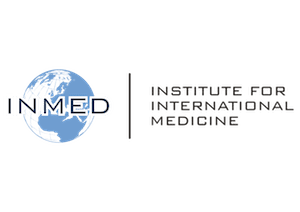MMBH provides free, comprehensive woman and newborn care. Natural family planning is the mainstay of contraception and is appropriate to the local religions. Prenatal care includes monitoring the health and growth of the mother and fetus, prenatal education sessions, testing for HIV and other sexually transmitted diseases, vaccination against tetanus, deworming medication especially against hookworm, and vitamin supplementation.
For women in labor, MMBH provides care by licensed midwives that includes labor and fetal monitoring, delivery, and contingencies against common complications such as postpartum hemorrhage. Labor augmentation is seldom utilized, but administration of IV fluids, IV medications, anti-hemorrhagic medications, and non-inflatable-anti-shock garments are available when indicated. Vacuum assisted delivery is practiced when indicated. Labor management is per the WHO International Mother Baby Childbirth Initiative guidelines. MMBH provides care for 20-25 deliveries per month, with a complication rate 75 percent lower than the national average.
In the postnatal period breastfeeding is emphasized, and women are encouraged to take advantage of postpartum visits, either at MMBH or via home visits by midwives. Newborns receive vaccinations at the health center and are followed for weight, growth, and development. Sick children are also provided care, most frequently for wounds, pneumonia, urinary tract infections, malnutrition, diarrheal disease and tuberculosis.
MMBH is a ministry of the Vineyard Manila community of faith since 1993. Their experience includes the launching of seven other birthing centers in the Philippines that have since been transferred to other leaders.
